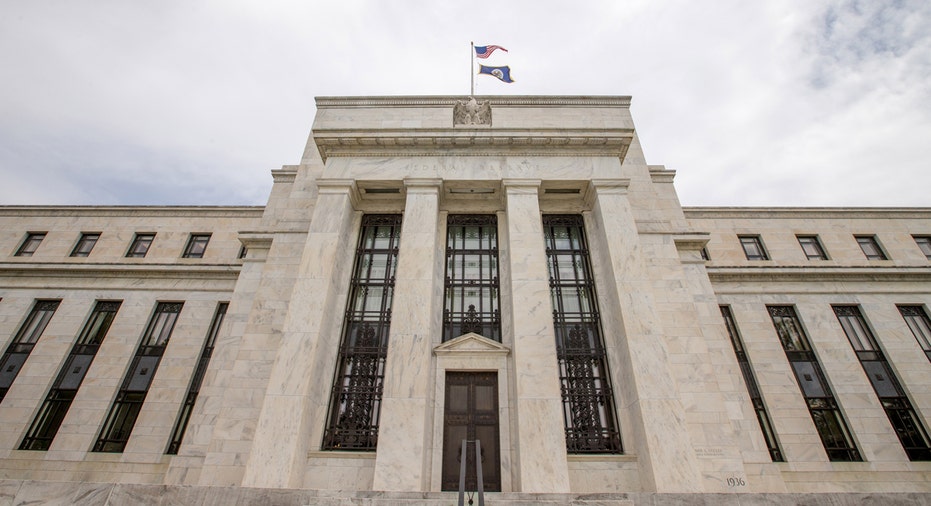Some Express Skepticism of Fed Limits on Next Bailout

It’s doubtful new rules approved by the Federal Reserve to limit the central bank’s ability to bail out floundering banks during the next financial crisis will be effective because every financial crisis is different.
That’s the view of at least one skeptical analyst regarding new measures approved Monday intended to prevent another round of bailouts like those in 2008 that propped up financial giants such as AIG (NYSE: AIG) and Citigroup (NYSE: C).
Since every financial crisis is different than the last, it’s impossible for the Fed to look into the future and attempt to limit its actions and prevent mistakes in response to events that have yet to reveal themselves, said Cornell law professor Robert Hockett.
“The new rule announced today just is a signal that such errors in the Fed's handling of 2008 have been spotted. But the next crisis will be different than the last, and will inevitably involve new errors that cannot be fully known to have been errors until after the fact,” said Hockett.
Among other restrictions, the new rules will allow for emergency lending by the Fed only in the event of a “broad-based” systemic failure that impacts at least five banks and create a much broader definition of the term ‘insolvent.’
But when and if the next crisis occurs, no rules established in response to the 2008 crisis will prevent future mistakes made in an effort to address that future emergency, Hockett said.
“Today's Fed decision, then, should be read as an admission by the Fed that it wasn't perfect in 2008 and isn't perfect now; but it should not be read as seriously constraining Fed flexibility going forward if and when a new crisis occurs,” he added.
The changes stem from legislation passed in 2010 under the sweeping Dodd-Frank banking reform bill, which was created in an effort to ward off another financial crisis and to avoid another massive taxpayer financed bailout of the financial industry.
The overriding principle behind the new rules is to still allow the Fed to step in and help out struggling banks in the event of an emergency, but to put in place measures that discourage executives at “too big to fail” banks from taking on too much risk because they know the government will bail them out.
At least one influential member of Congress said Monday that the new limits don’t go far enough.
“Five years after Dodd-Frank became law, ‘too big to fail’ is unfortunately alive and well and this rule from the Federal Reserve doesn’t change that,” Congressman Jeb Hensarling (R-Texas) said in a statement. “Indeed, by leaving the door wide open to future taxpayer-funded bailouts, this final rule compounds the moral hazard problem that lies at the core of ‘too big to fail.’”
Hensarling is the chair of House Financial Services Committee.



















